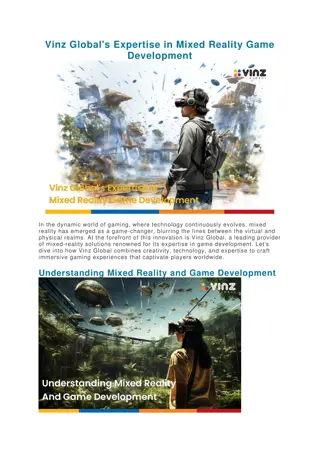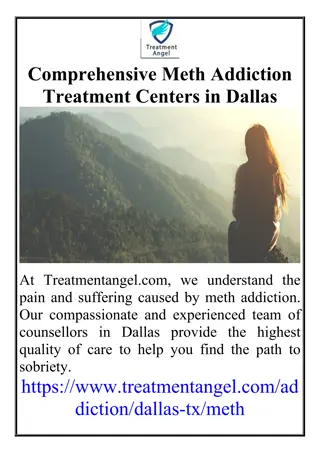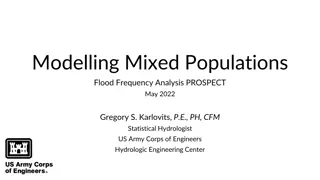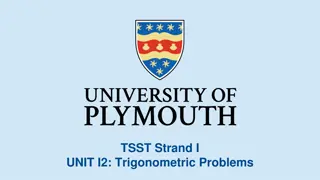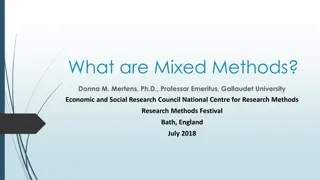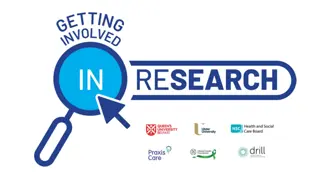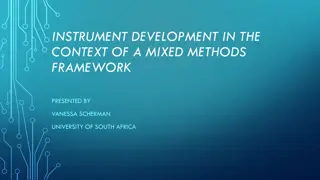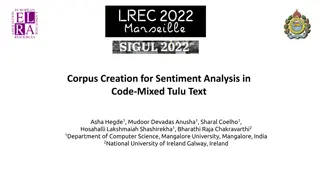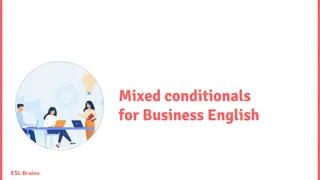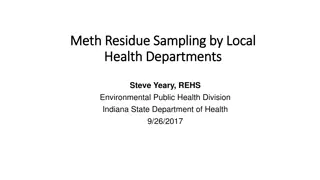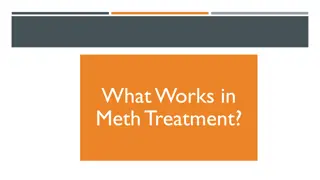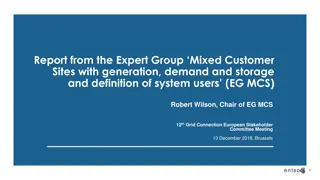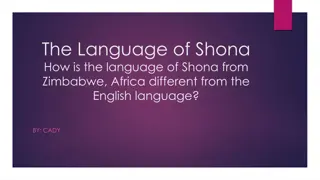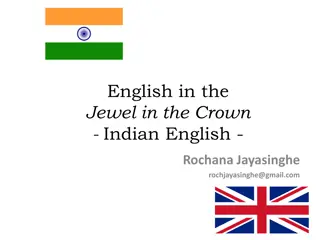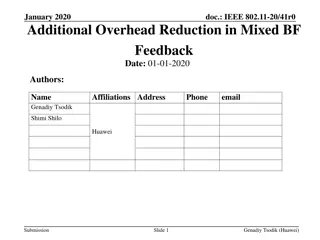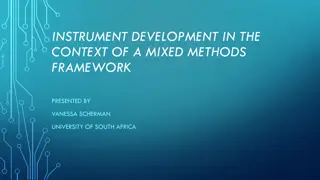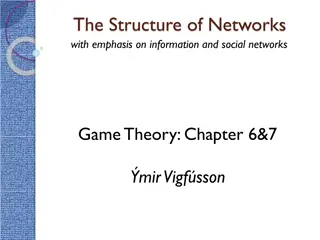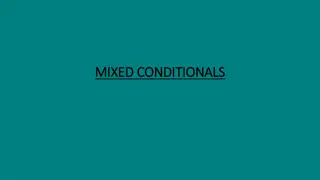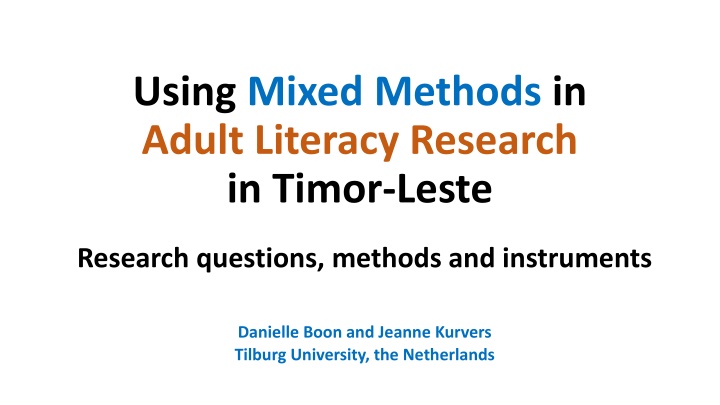
Mixed Methods Adult Literacy Research in Timor-Leste
Explore adult literacy research in Timor-Leste focusing on learning, teaching practices, and literacy uses. Studies include historical contexts, Tetum learning results, and classroom practices.
Download Presentation

Please find below an Image/Link to download the presentation.
The content on the website is provided AS IS for your information and personal use only. It may not be sold, licensed, or shared on other websites without obtaining consent from the author. If you encounter any issues during the download, it is possible that the publisher has removed the file from their server.
You are allowed to download the files provided on this website for personal or commercial use, subject to the condition that they are used lawfully. All files are the property of their respective owners.
The content on the website is provided AS IS for your information and personal use only. It may not be sold, licensed, or shared on other websites without obtaining consent from the author.
E N D
Presentation Transcript
Using Mixed Methods in Adult Literacy Research in Timor-Leste Research questions, methods and instruments Danielle Boon and Jeanne Kurvers Tilburg University, the Netherlands
(part of) Research program April 2009 April 2014 BECOMING A NATION OF READERS: Language policy and adult literacy development in multilingual Timor-Leste Tilburg University: Sjaak Kroon, Jeanne Kurvers, Est v o Cabral, Danielle Boon, Edegar da Concei o Savio, Marilyn Martin-Jones Aone Van Engelenhoven Benjamim de Ara jo e Corte-Real University of Birmingham: Leiden University: National University of Timor Lorosa e: NWO-WOTRO Science for Global Development W 01.65.315.00
Study 1 Critical-historical study on adult literacy in Timor-Leste, 1974-2002 (Est v o Cabral) Study 2 Adult literacy acquisition, education and use in multilingual Timor-Leste (Danielle Boon) Study 3 Fataluku language development and adult literacy (Edegar da Concei o Savio)
Adult literacy in Timor-Leste Research questions about: adults learning to read and write the teaching of reading and writing to adults the use of reading and writing ability by adults
Research questions about learning 1. What are results achieved in learning to read and write in Tetum in the available adult literacy programs? 2. What factors are most important in the development of adult learners literacy ability?
Research questions about teaching 3. What classroom-based literacy teaching practices are adult literacy learners confronted with? 4. What ideasguide teachers practices? 5. What works? (Which teaching methods/practices are most effective/motivating?)
Research questions about uses and values 6. What literacy uses do adult learners report with reference to different social domains? 7. What literacy values do adult learners report with reference to different social domains?
Research questions about learning Question Method (of data collection) Instruments 1. What are results achieved in learning to read and write in Tetum in the available adult literacy programs? Survey: Testing of reading and writing ability Reading and writing tests: - Grapheme recognition - Word reading - Form filling - Word writing 2. What factors are most important in the development of adult learners literacy ability? Survey: Asking about factors that possibly influence reading and writing acquisition Case study: Observing classes Questionnaires for teachers and learners Observation checklist
Research questions about teaching Question Method Instruments 3. What classroom-based literacy teaching practices are adult literacy learners confronted with? Case study: Class observation Observation checklists Still photography Audio recordings 4. What ideasguide teachers practices? Case study: Interviews based on what was seen during observations Interview guidelines
Question 2: What factors influence adult literacy learning? Question 5: What works? Investigate relationships between information on possible factors of influence on learning results through statistical analysis
Statistical analysis Kind of analysis To do what Frequency analysis / crosstabs Describe reading ability, uses, teaching practices (for different groups) Correlational analyses To calculate relationships, for example between age and reading ability T-test /Analysis of variance (Anova) To calculate differences between two or more groups (for example men and women (t-test), three literacy methods Mancova Like Anova, but to control for one or more factors (for example gender and years of schooling) Regression analysis More advanced technique to predict the most important factors that influence results
Research questions about uses and values Question Method Instruments 6. What literacy uses do adult learners report with reference to different social domains? Case study: a) Observations of people using literacy in daily life b) Interviews c) Linguistic landscape study a) Observation checklists b) Interview guidelines c) Still photography of written text in the public sphere 7. What literacy values do adult learners report with reference to different social domains? Case study: Interviews Interview guidelines
Combining Quantitative research Qualitative research
Investigate relationships between answers to RQ 1-7 RQ 1-2 results on learning RQ 3-4-5 RQ 6-7 results on use results on teaching
Data triangulation Results on teaching practices 1: What researcher observed in class Results on teaching practices 2: What manualand teacherstold you about teaching Results on teaching practices 3: How students experienced teaching
Research questions study 3 (Edegar da Concei o Savio) 1. How is Fataluku developing from an endangered oral language into a protected written language? What are the issues emerging in this process? 2. What changes are taking place in the sociolinguistic landscape and the language values in the Fataluku-speaking areas of rural Tutuala and urban Lospalos? 3. What is the position and the use of Fataluku within existing adult literacy programs?
Methods and instruments - Study 3 Document analysis: Policy documents, constitution, government decree, etc. Survey: Questionnaire for interviews with Fataluku speakers and experts on uses and opinions regarding Fataluku Case studies in two adult literacy courses in different community contexts Mapping of linguistic literacy landscape (by photographing visible language): Collection of examples of written Fataluku and other languages
And now your research questions !

